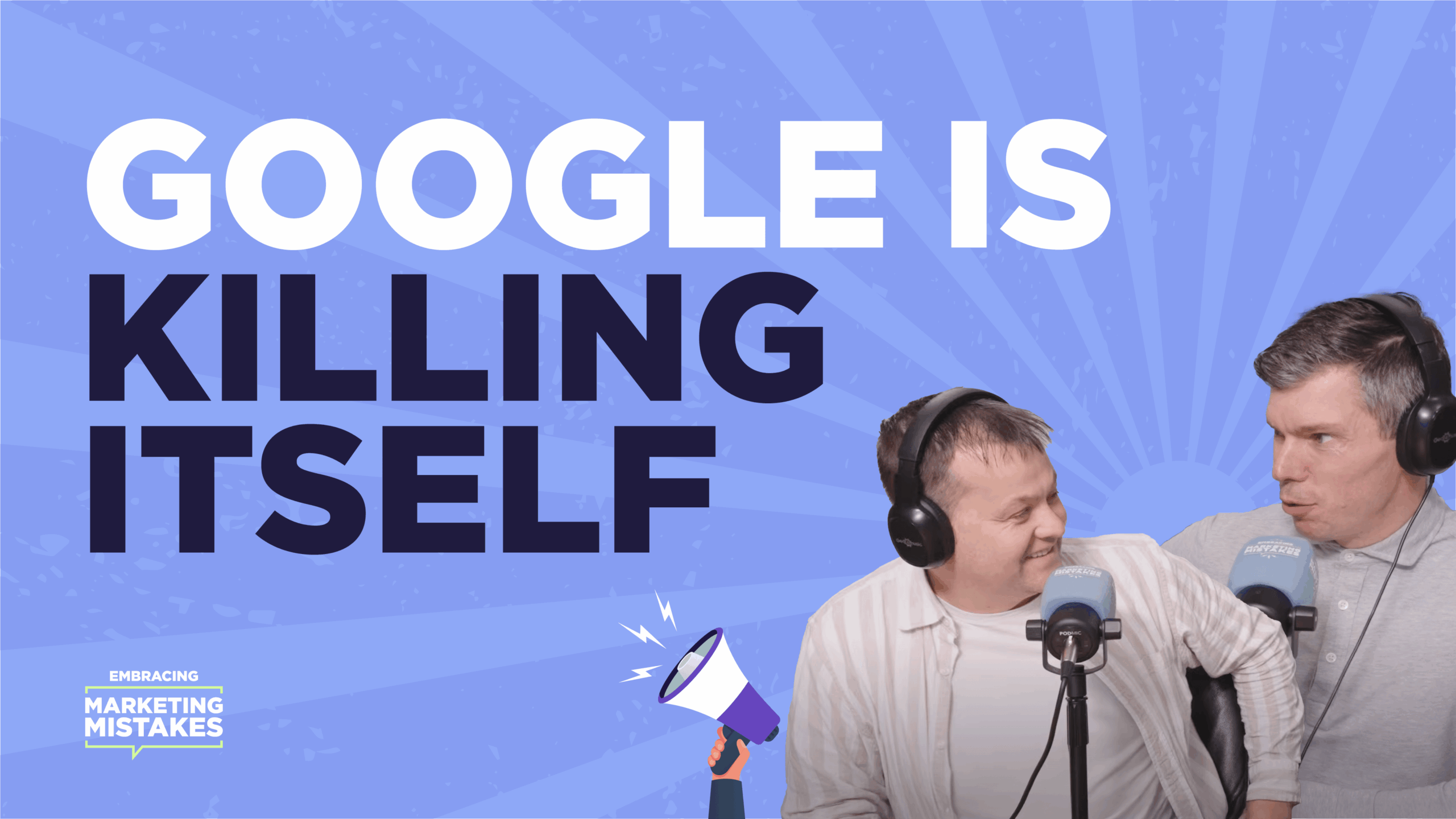
If you read this blog regularly you will know that I like to read a lot of self development books mainly because I have always followed the ethos “You don’t know what you don’t know” so I try to pick up a different book whenever I get the chance.
Over the last fortnight I have been reading Leaders Eat Last by Simon Simentek. The book describes itself as follows:
Today’s workplaces tend to be full of cynicism, paranoia and self-interest. But the best organisations foster trust and cooperation because their leaders build what Sinek calls a Circle of Safety. It separates the security inside the team from the challenges outside. Everyone feels they belong and all energies are devoted to facing the common enemy and seizing big opportunities.
The book itself isn’t hard work at all, I loved the overall idea of “The Circle of Safety” it is basically what Alex Ferguson used to say when he was the Manchester United manager. It is “Us versus the world” kind of a siege mentality. The premise of the circle of safety is that the leader makes people feel safe and he looks after them before he looks after himself. Sinek looks at various companies in US history and points out at how companies that are just focussed on making a profit don’t survive as well as companies that look after their staff first. I have to admit I find this approach totally refreshing. To have a boss that looks after you and your career over their own personal gain would be brilliant. I think the basis of the book is a sound one although I can imagine the capitalists arguing a case against it. 
Sinek also interviews some fascinating people from the military and looks at how and why we follow people and how people lead effectively. He refers to the leader looking after his teams like his children in good times and bad. In other words a real leader doesn’t ditch his staff at the first bump in the road. He examines redundancies closely and looks at the symmetry between them and overall company successes.
I think this is one of the best books I have read in a while and the circle of safety should work in the UK too because once people feel safe they stop looking around for their own self promotion and internal politics and tend to focus on being more productive and heaven forbid enjoying their job. The most interesting section for me though was his view on social media for obvious reasons. He talks about technology quite a bit in the book in one section he he states:
“Virtual relationships can’t help solve this problem. In fact they could be making the situation worse.”
He then refers to an academic study in 2013 by social psychologists at the University of Michigan that tracked the Facebook use of 82 young adults over a two week period. At the start of the study each individual rated how they felt about their lives they were then checked every two hours five time a day to see how they felt about their time on Facebook. It found that the people who spent the most time overall on Facebook felt worse about their lives “Rather than enhancing their well being interacting with Facebook may predict the opposite result for young adults – it may undermine it.”
In other words if we obsess at how amazing other people’s lives we forget about focussing on our real relationships. I think its an interesting point of view because although social media has its benefits of staying in touch with friends abroad there is still no substitute for meeting someone face to face.
Chris Norton is the founder of Prohibition and an award winning communications consultant with more than twenty years’ experience. He was a lecturer at Leeds Beckett University and has had a varied PR career having worked both in-house and in a number of large consultancies. He is an Integrated PR and social media blogger and writes on a wide variety of blogs across a huge amount of topics from digital marketing, social media marketing right through to technology and crisis management.


